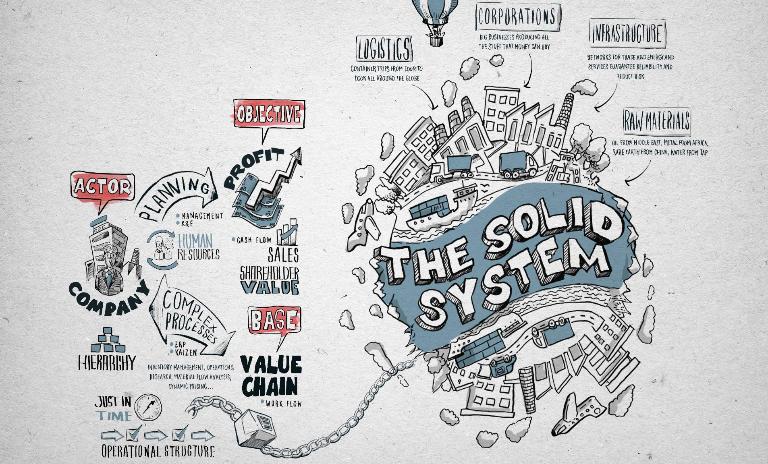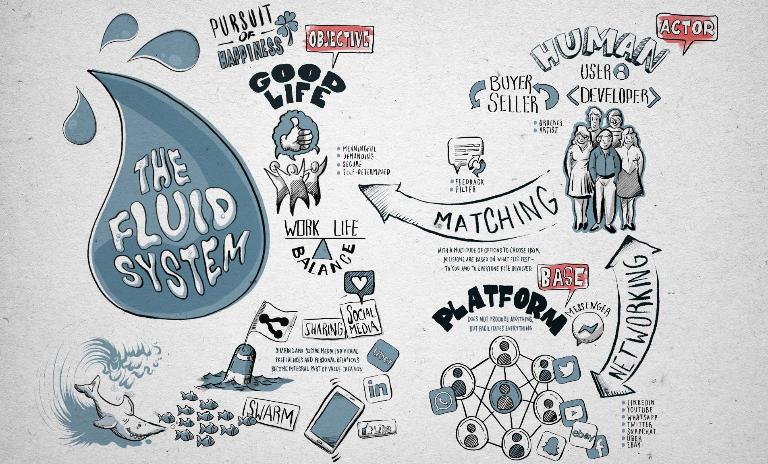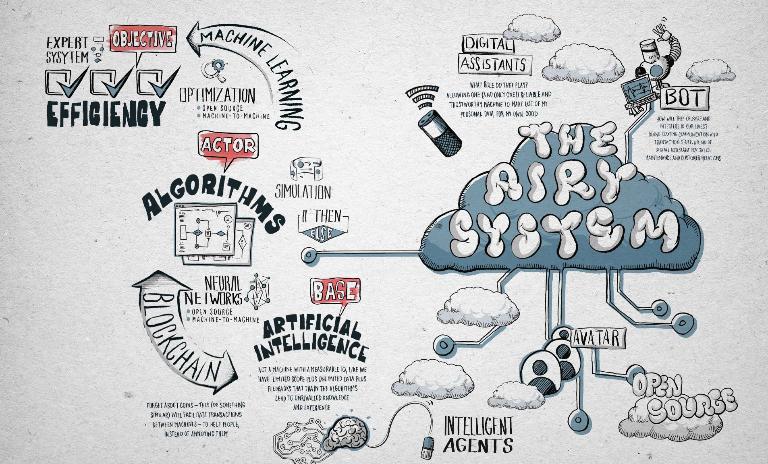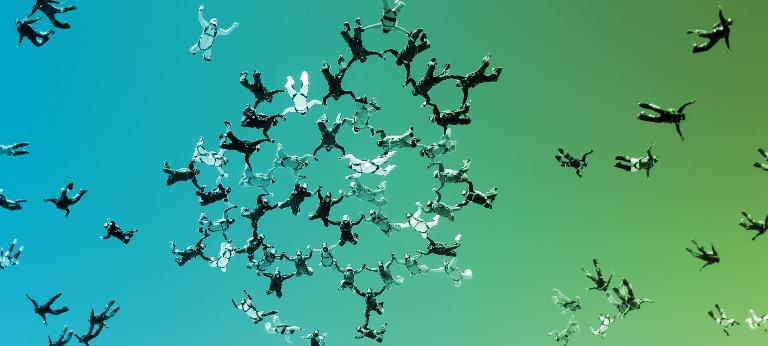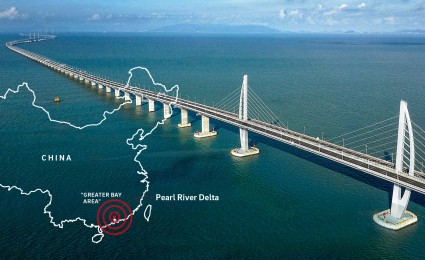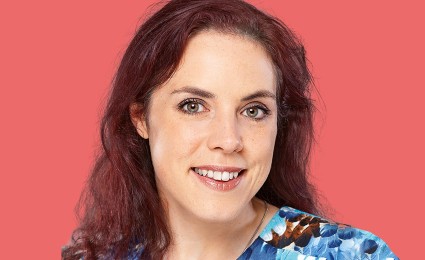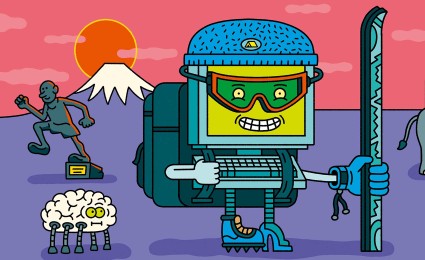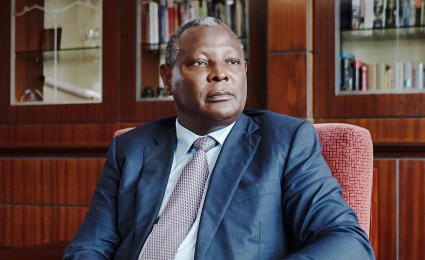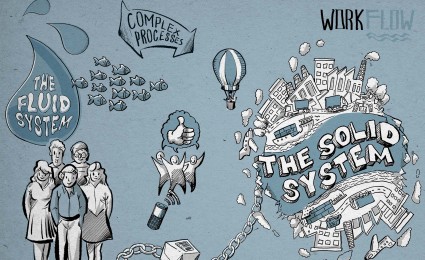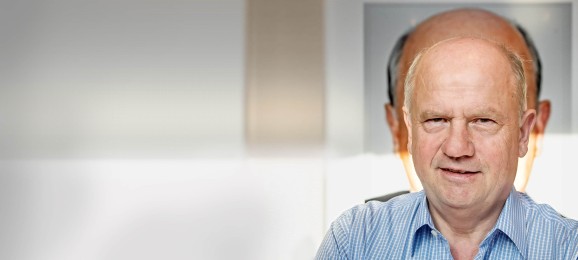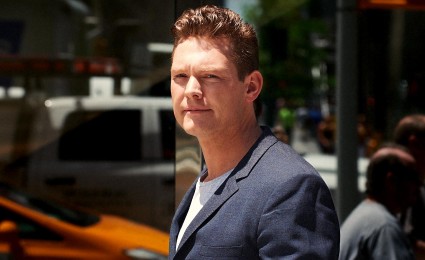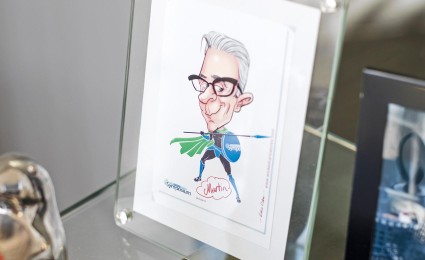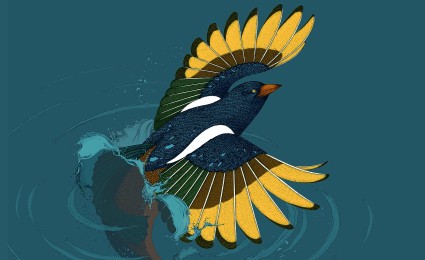How companies of all sizes can benefit from business ecosystems
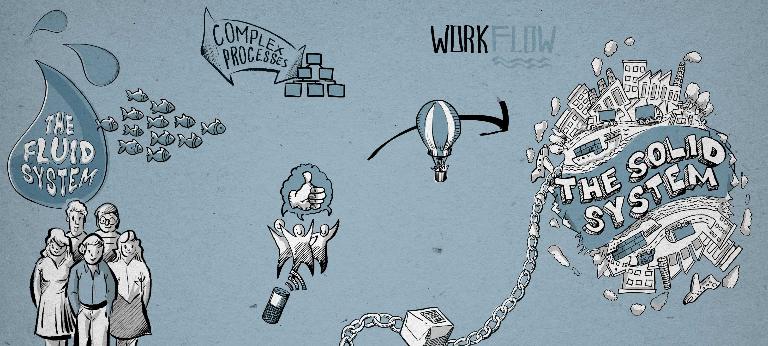
Think:Act Magazine "Digital Darwinism"
Understanding the types of business ecosystems

Think:Act Magazine
Solid, fluid or airy: Infrastructure is changing how corporations work and shaking up hierarchies
In the natural world, the three big ecosystems depend on land, water and air. We can also apply those environments to present and future business ecosystems: the solid, fluid and airy.
The solid system
In this ecosystem, business is based on companies and value chains. Products are manufactured and distributed by collaborating entities in complex processes. Every part of the production process can be planned and calculated, and at every point along the value chain the buyer, maker or seller are all clearly defined. And for the species thriving in this ecosystem there's one common objective: profit.
That's as solid as you can get, and this is the ecosystem that has dominated from the beginning of the Industrial Revolution and throughout the last two centuries. It is still the most important ecosystem globally, but it is getting weaker and its dominance is being challenged.
The fluid system
In the last two decades, a new kind of business ecosystem has emerged. It is based on platforms and people. There are swarms of players that are doing something on platforms such as eBay, Airbnb, YouTube or Uber, and this "something" can be buying, selling, making, communicating or just watching, and all of it is happening at the same time.
So there's a constant flow of people, products and institutions. Processes are neither planned nor predictable, they are not shaped by value chains, but by connections – it's more like a permanent pairing up than some kind of industrial production.
As a lot of the participants in fluid ecosystems are not companies, but individuals, their main objective is not profit, but a good life. So these objectives as well become more liquid and incalculable than in the solid system: Each person has a very specific idea of what is needed to live a good life and what this means for the actions on each platform – you can't do the math with the pursuit of happiness.
The airy system
A third business ecosystem is just about to appear, even less calculable, less visible – almost as intangible as a cloud. It will be based on algorithms and artificial intelligence. Machines are communicating and transacting with other machines, in a lot of cases even without interference from humans – yet producing goods and services for them.
They organize themselves, probably via blockchain, and in a lot of cases they will be able to do that without belonging to a company. A lot of the ways in which transactions take place in the airy ecosystem will look and feel like magic: The system just works, the things just fall into place.
What will be the objectives of the algorithms that dominate this ecosystem? They may be programmed to deliver profit to companies or happiness to human beings. But the language algorithms understand best is neither profit nor happiness, but efficiency: the default objective for the airy ecosystem.
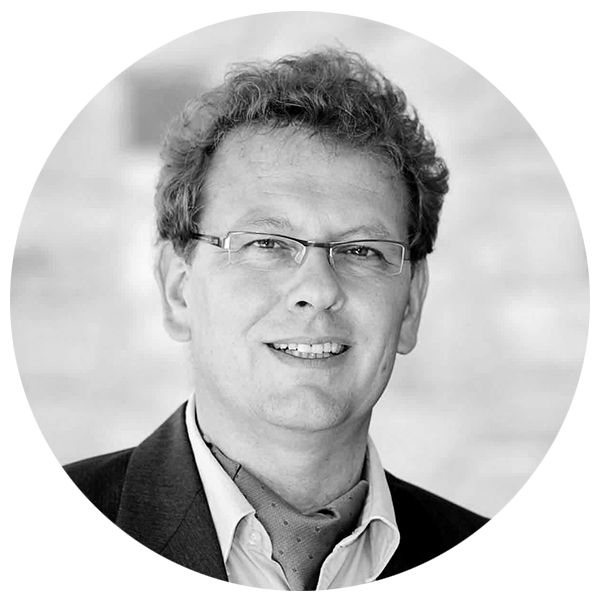
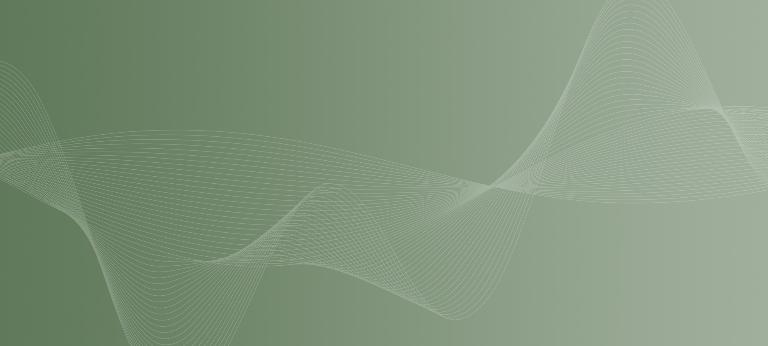
How evolution drives success in the digital era
![{[downloads[language].preview]}](https://www.rolandberger.com/publications/publication_image/Think_Act_Magazine_Darwinism_Cover_EN_download_preview.jpg)
Change. Survive. Thrive. What your company needs to know to prosper in the digital age.
Curious about the contents of our newest Think:Act magazine? Receive your very own copy by signing up now! Subscribe here to receive our Think:Act magazine and the latest news from Roland Berger.


